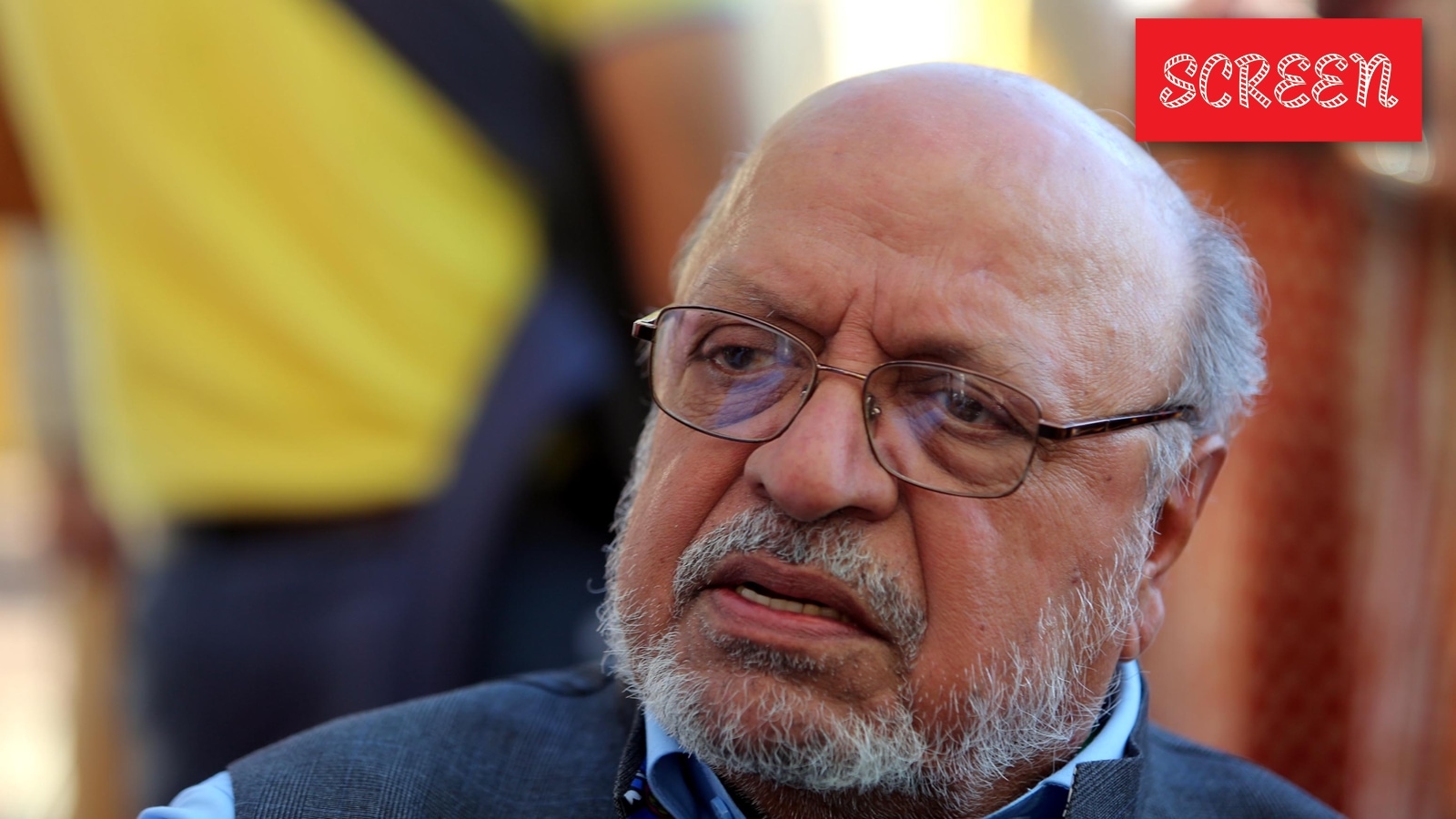 |
|
The passing of Shyam Benegal marks the end of an era in Indian cinema. His death, at the age of 90, leaves a void in the landscape of filmmaking, a space previously occupied by a visionary who not only redefined the narrative of Indian cinema but also significantly impacted its social and political discourse. Benegal's career wasn't simply about creating films; it was a lifelong project of challenging societal norms, exploring the complexities of Indian history and culture, and giving voice to the marginalized. His debut, Ankur (1974), served as a powerful indictment of the caste system and rural feudalism, a bold statement that immediately catapulted him to prominence within the burgeoning parallel cinema movement. Unlike many of his contemporaries who focused on more niche audiences, Benegal’s work resonated with a wider pan-Indian audience and found international recognition, expanding the reach and influence of parallel cinema considerably. This widespread appeal, coupled with his sophisticated storytelling and unflinching social realism, distinguished his work and solidified his position as a master of his craft.
Benegal's impact extends far beyond his feature films. He demonstrated a remarkable versatility, seamlessly transitioning between feature films, television serials, and documentaries. His television series, such as Yatra (1986) and the monumental Bharat Ek Khoj (1988), a 53-episode adaptation of Jawaharlal Nehru's Discovery of India, brought Indian history and culture to a vast audience in an engaging and accessible format. These ambitious projects showcased his commitment to historical accuracy and his ability to translate complex narratives into compelling television. Further cementing his dedication to social and historical relevance was his later work, Samvidhaan (2014), a 10-part series on the making of the Indian Constitution, which underscored his deep understanding of India's political and social structures.
The list of his celebrated films is a testament to his enduring legacy. From the socially conscious Nishant (1975) and Manthan (1976), a film notable for its early crowdfunding model, to the nuanced portrayal of female characters in Bhumika (1977), Mandi (1983), and the Mammo trilogy, Benegal consistently pushed boundaries. His films were not merely entertainment; they were thought-provoking explorations of complex social and political issues. He didn't shy away from challenging themes, creating films that were simultaneously critically acclaimed and commercially successful. This is perhaps his most significant achievement: bridging the gap between arthouse cinema and mainstream audiences, proving that socially relevant filmmaking could be both engaging and impactful. Even amidst criticism, which occasionally labeled his work as “didactic” or lacking in the subtleties of rural life, Benegal remained unwavering in his commitment to his vision.
Benegal's contribution to the development of Indian cinema lies not only in his own prolific body of work, but also in his nurturing of talent. He collaborated with some of Indian cinema’s most iconic actors, including Naseeruddin Shah, Shabana Azmi, Smita Patil, and Amrish Puri, many of whom he launched or worked with early in their careers. He recognized their talents and provided them with platforms to showcase their exceptional abilities, shaping some of the most memorable characters in Indian cinematic history. His influence extended beyond the cast; his dedication to collaborative filmmaking fostered the growth of an entire generation of filmmakers and actors, profoundly impacting the cultural landscape of India. He consistently challenged prevailing norms, embraced experimentation, and maintained an unwavering commitment to storytelling that was both intellectually stimulating and emotionally resonant.
In conclusion, Shyam Benegal's legacy is one of profound influence and enduring impact. He was not just a filmmaker; he was a cultural icon, a social commentator, and a pioneer of parallel cinema. His films and television work continue to resonate with audiences, prompting reflection and discussion about the complexities of Indian society. His dedication to quality, his unwavering commitment to his vision, and his willingness to engage with difficult topics cemented his place as one of India's most important and respected filmmakers. The world of cinema is undoubtedly diminished by his absence, but his work will continue to inspire and challenge for generations to come. His contributions to both film and television ensured that his stories, his insights, and his artistic vision will live on long after his passing, leaving an indelible mark on the cultural fabric of India and beyond.
Source: Shyam Benegal, the force behind India’s parallel cinema movement, dies at 90
